On the occasion of the developer conference WWDC 2021, which took place last June, Apple officially revealed the new operating systems. The Cupertino giant is also often referred to as a supporter of user privacy, which is also evidenced by some functions. In recent years, options such as Sign in with Apple, the ability to prevent applications from tracking, block trackers in Safari and many others have come. Another interesting novelty was brought by the iOS/iPadOS 15 and macOS 12 Monterey systems, which applied for the floor at the aforementioned WWDC conference.
It could be interest you
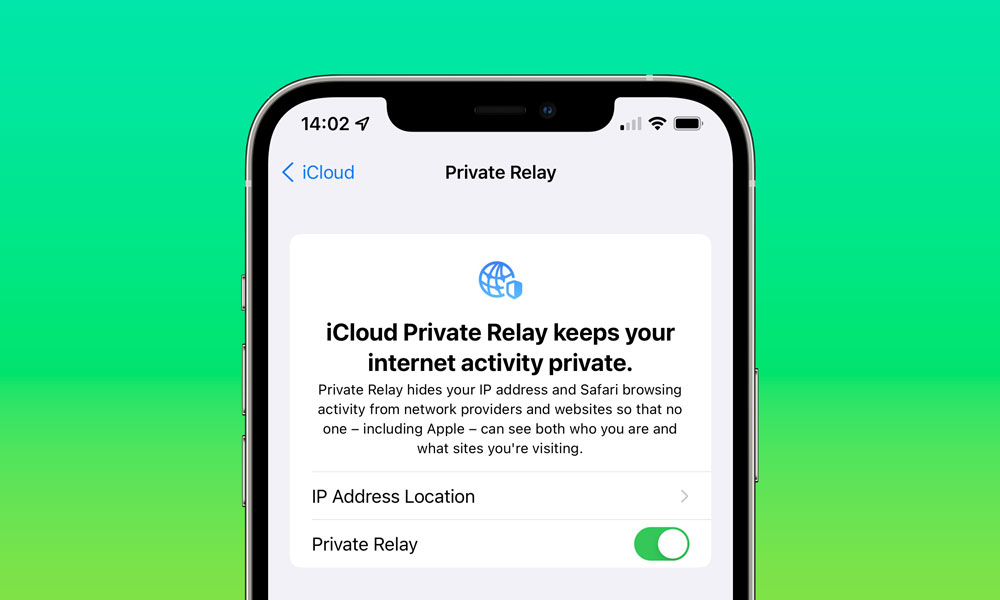
In particular, Apple has come up with improved options labeled iCloud+, which hide a trio of security features to support privacy. In particular, we now have the option to hide our email, set a contact person in case of death, who will then get access to data from iCloud, and lastly, the Private Relay function is offered. With its help, our activity on the Internet can be masked and, in general, it comes quite close to the appearance of competing VPN services.
What is a VPN?
Before we get to the heart of the matter, let's explain very briefly what a VPN actually is. You must have noticed that in the last few years VPN is an incredible trend that promises privacy protection, access to blocked content and many other benefits. This is a so-called virtual private network, with the help of which you can encrypt your activity on the Internet and thus remain anonymous, as well as protect your privacy. In practice, it works quite simply. When you connect directly to various services and websites, your provider knows exactly which pages you have visited, and the operator of the other party can also guess who visited their pages.
But the difference when using a VPN is that you add another node or nodes to the network and the connection is no longer direct. Even before connecting to the desired website, the VPN connects you to its server, thanks to which you can effectively disguise yourself from both the provider and the operator of the destination destination. In such a case, the provider sees that you are connecting to a server, but does not know where your steps continue after that. It is quite simple for individual websites - they can tell where someone joined them from, but the chances of them being able to guess you directly are minimized.
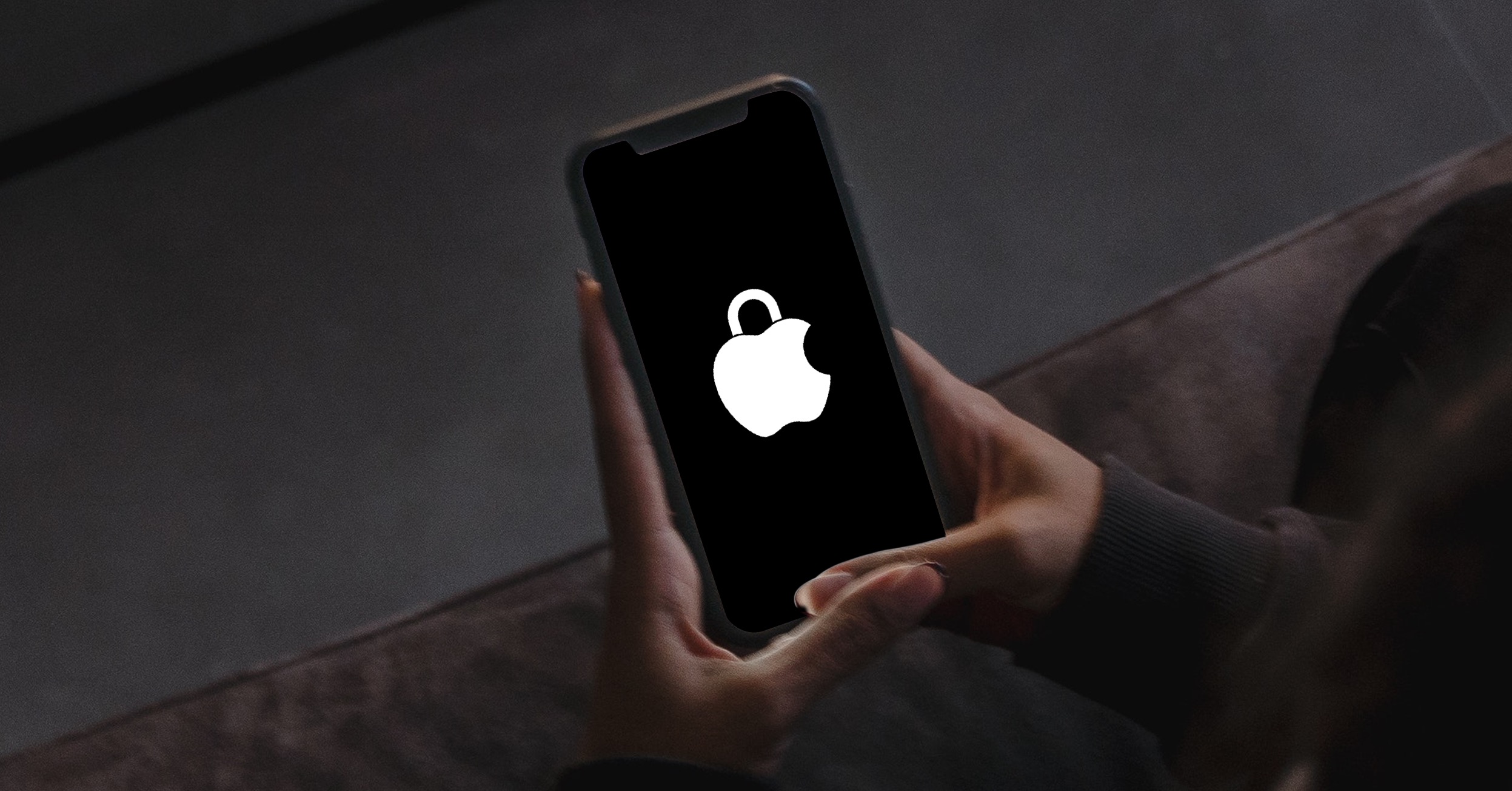
Private relay
As we mentioned above, the Private Relay function strongly resembles a classic (commercial) VPN service. But the difference lies in the fact that the function works as an add-on for the Safari browser, which is why it encrypts the communication made only within this program. On the other hand, here we have the aforementioned VPNs, which for a change can encrypt the entire device and are not limited to just one browser, but to all activity. And this is where the fundamental difference lies.
It could be interest you
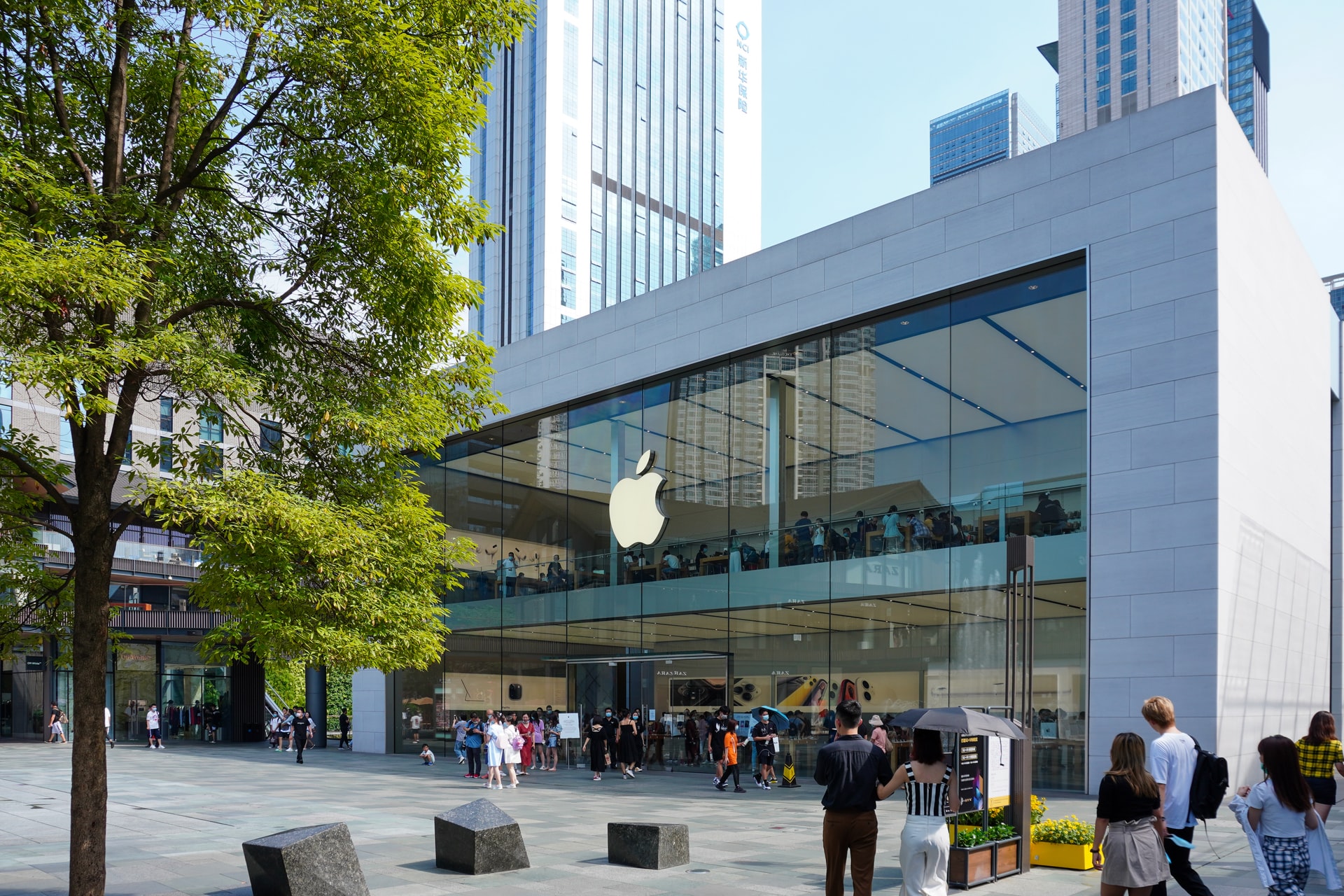
At the same time, Private Relay does not bring the possibilities that we might expect, or at least want. This is precisely why, in the case of this function, we cannot, for example, choose which country we want to connect to, or bypass the geographic lock on some content. So, this apple service undoubtedly has its shortcomings and is not comparable to classic VPN services for now. But that doesn't necessarily mean it wouldn't be worth it. There is still one extremely important factor at play, which we have deliberately not mentioned until now - the price. While popular VPN services can easily cost you more than 200 crowns per month (when purchasing multi-year plans, the price drops considerably), Private Relay costs you nothing at all. It is a standard part of the system that you just need to activate. The choice is yours.
Why doesn't Apple bring its own VPN
For a long time, Apple has positioned itself as the savior that will protect your privacy. Therefore, a rather interesting question arises as to why the giant does not immediately integrate a service in the form of a VPN into its systems, which would be able to completely protect the entire device. This is doubly true when we consider how much attention currently available (commercial) VPN services are getting, with antivirus manufacturers even bundling them. Of course, we don't know the answer to this question. At the same time, it is certainly good that Apple has decided to make at least some progress in this direction, which is Private Relay. Although the function is still in its beta version, it can quite solidly strengthen the protection and give the user a better feeling of security - despite the fact that it is not 100% protection. Currently, we can only hope that the giant will continue to work on this gadget and move it several levels forward.
It could be interest you
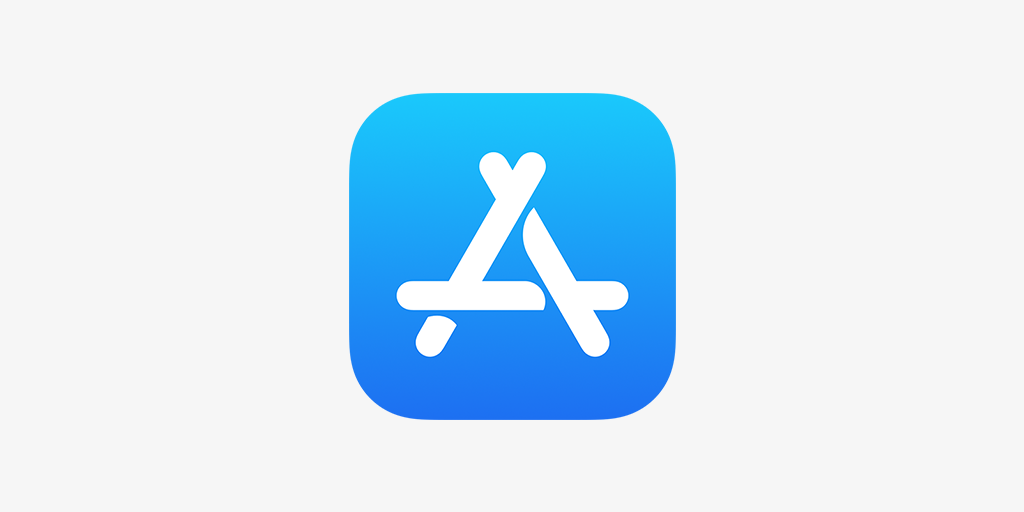
 Adam Kos
Adam Kos 
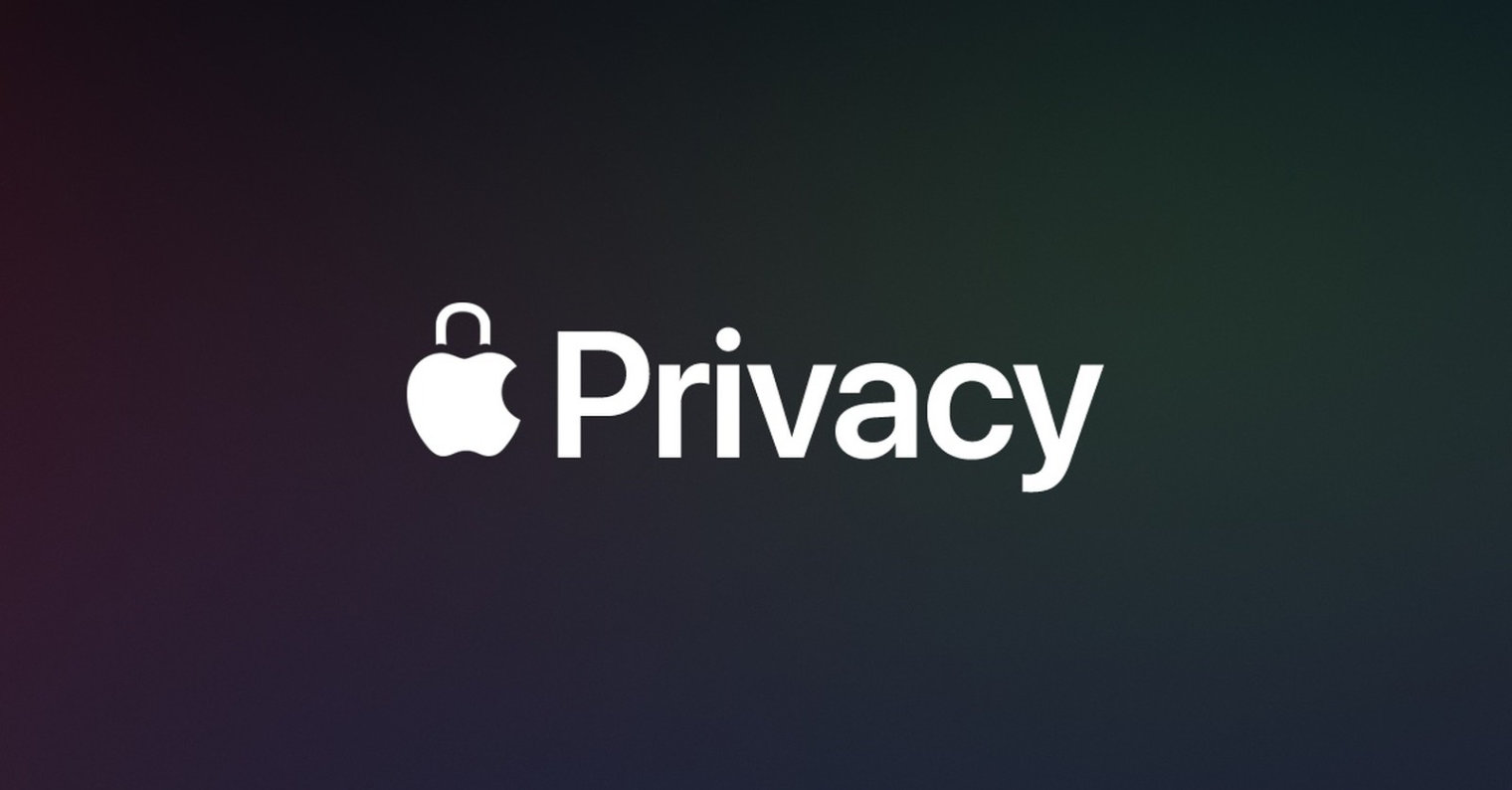
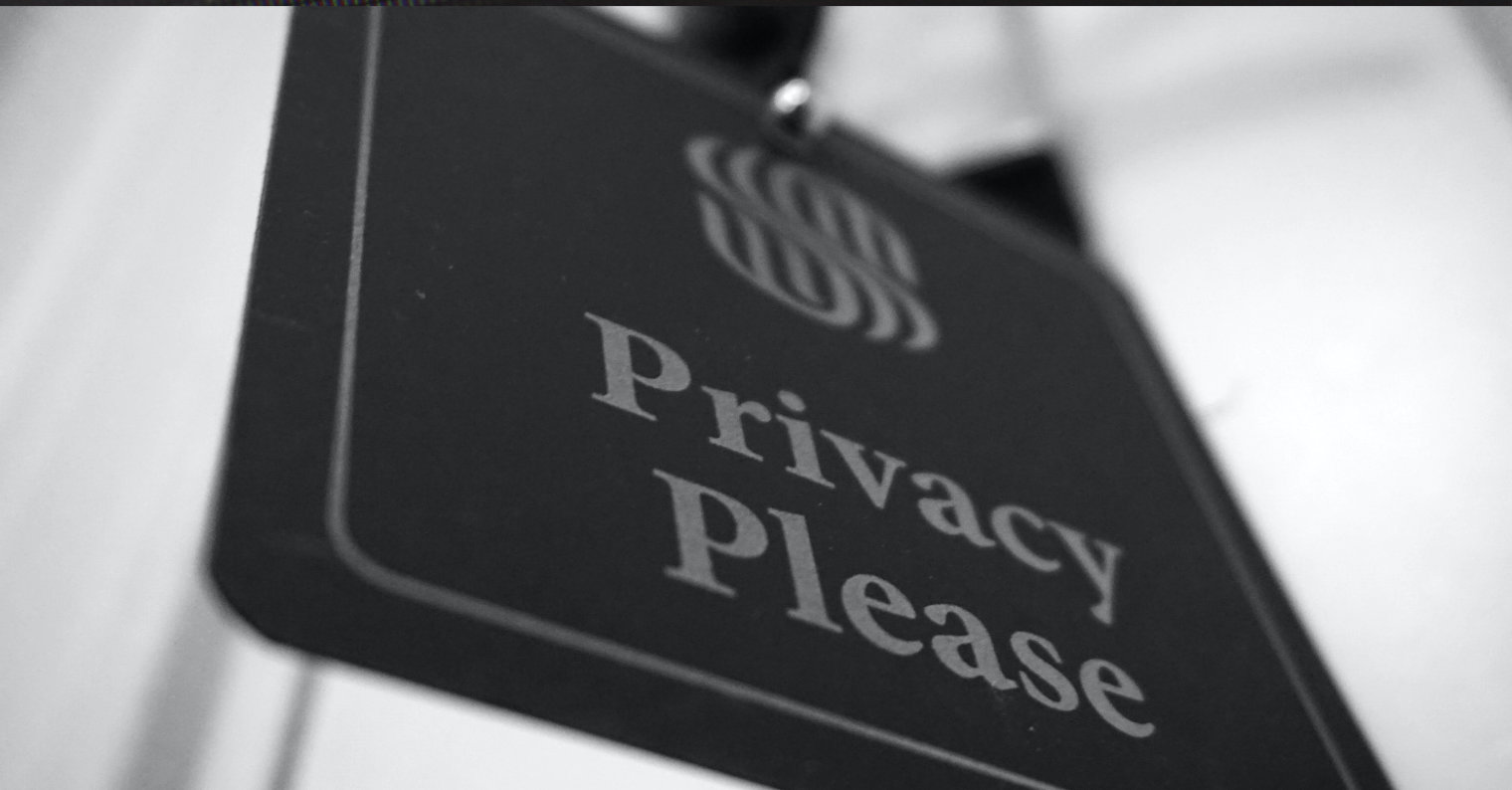
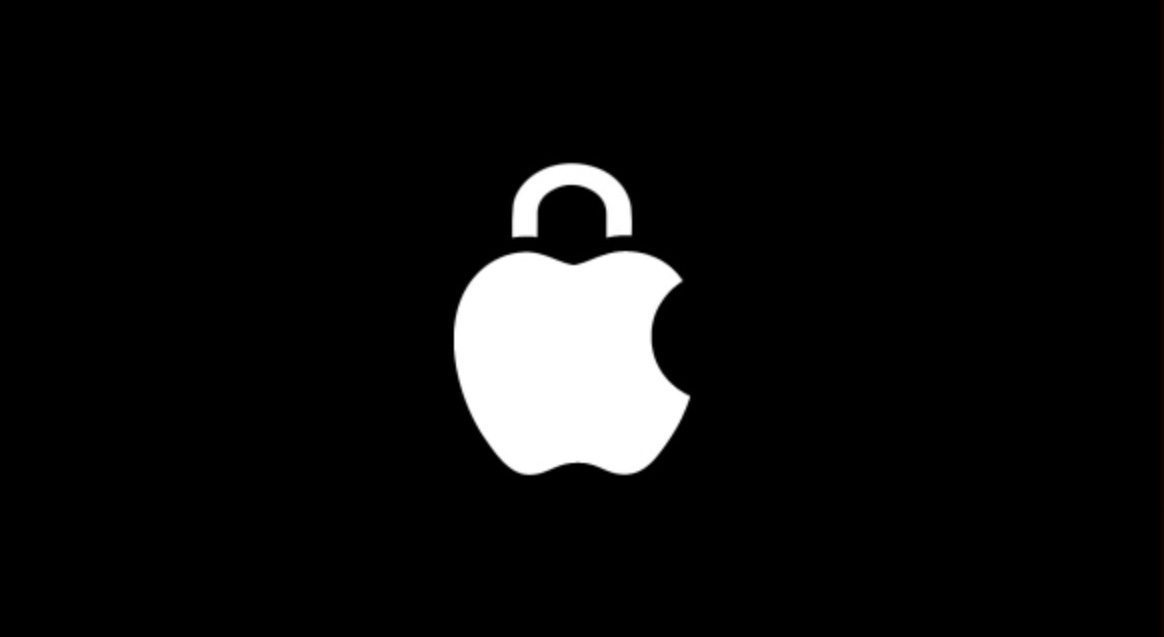
Maybe only Apple forces users to use Safari because other browsers with PR are not as secure.